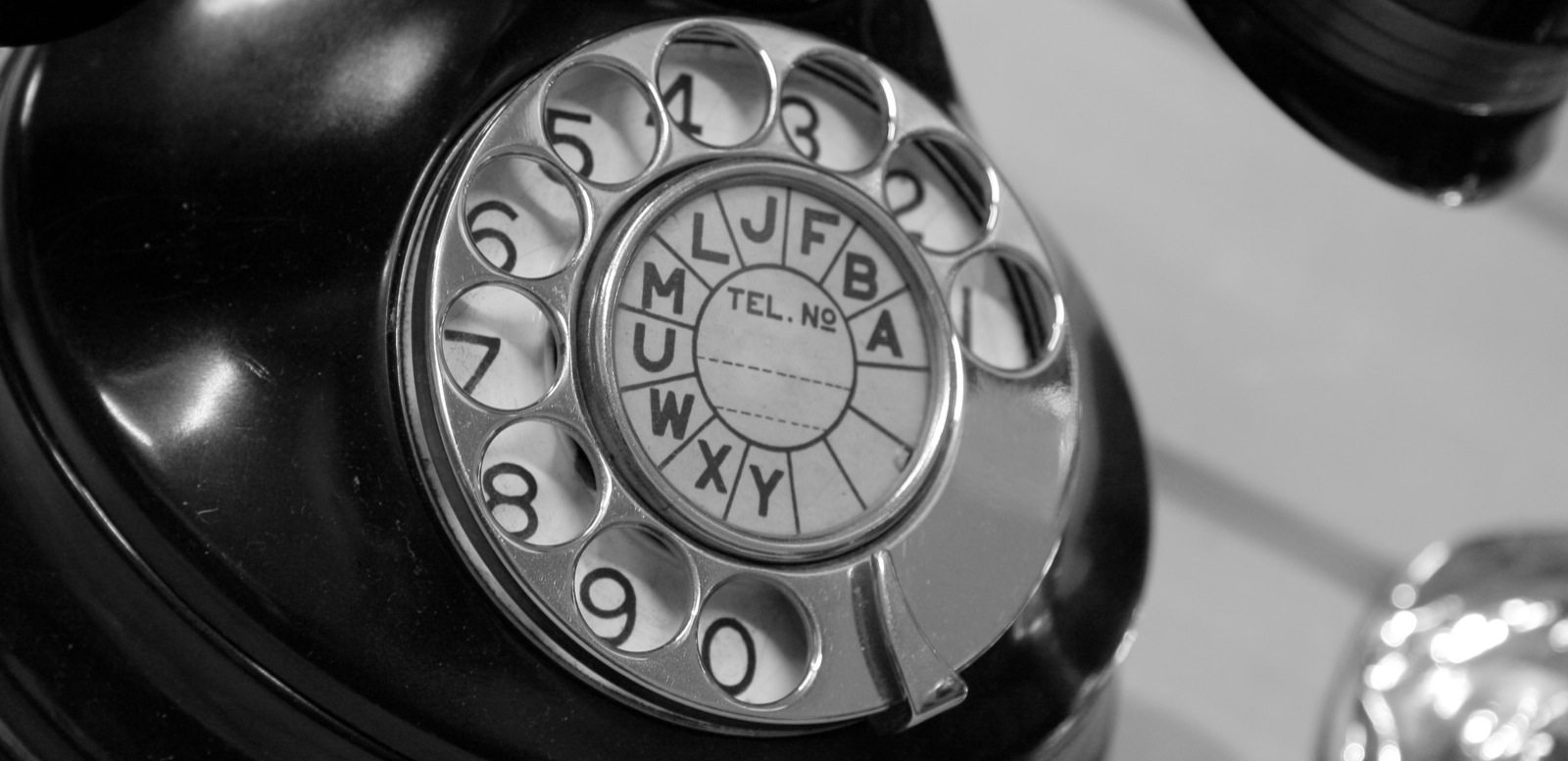What is a mobile number – bet you thought you knew!
Seems like a simple question doesn’t it? You would be surprised how many people will answer “07”. Just like some schoolgirls on a bus I overheard once, this presumption can have costly consequences. 070 is designated as Personal Numbering – the old follow me services now largely overtaken by soft clients, VoIP and the ilk, and 076 is radiopaging (yes, apparently they still exist!). Unfortunately, both of these ranges do attract an element of the cheeky through to the fraudulent and criminal with high termination rates…… and the perception of some people that a missed call from an 070 most-definitely-not-a-mobile number is genuine and needs to be called back…. at fifty pence per minute. That’s what happened to the schoolgirls. Perhaps I should’ve warned them, but at the height of the Saville affair I probably would’ve been arrested!
Anyway, by extension you will now have guessed that 071-075 and 077-079 are mobile numbers (strictly speaking Mobile Services in the National Telephone Numbering Plan), and you would be correct. Our friends at Ofcom define this as:
‘Mobile Service’ means a service consisting in the conveyance of Signals, by means of an Electronic Communications Network, where every Signal that is conveyed thereby has been, or is to be, conveyed through the agency of Wireless Telegraphy to or from Apparatus designed or adapted to be capable of being used while in motion;
Wireless Telegraphy has an equally simple definition, offered in Section 116 of the Wireless Telegraphy Act 2006 as (paraphrased): electromagnetic signals not exceeding 3,000 gigahertz and not transmitted over a physical medium. Aside from the fact that whoever drafted the bill could have used “terahertz”, the conjunction of the two definitions (and some other basic statutory references) defines a Mobile Service as a telephony or data service capable of being used in motion where part of the media path is transported at upto 3THz in the ether. Simple.
There is the obvious elephant in the room, which is that my mobile network’s voicemail and call diversion services could be viewed as unlawful; think about a fixed call to voicemail or my mobile diverting to my desk phone – no Wireless Telegraphy would be involved in an efficient design. Actually, the get out is my desk phone is a Cisco 525 and operates over WiFi, so EE can breathe a sigh of relief. WiFi works under 3THz (though the super fast variants are knocking on that ceiling). But that get out is important in considering that the definition of a Mobile Service is in fact very broad. A laptop is portable. So a VoIP client used over WiFi (or doubly so, over a 4G MiFi) would fit that definition, let alone a soft client on a smartphone. This is why the Internet Telephony Service Providers’ Association (“ITSPA”) has growing concerns about Ofcom’s apparent reluctance to provide these recognisable numbers to its members for the purpose of developing innovative and competitive new services. ITSPA is taking action on this and has formally written to Ofcom seeking clarification — unfortunately as legal recourse is still potentially an option, I can’t go into more detail at this time lest it is prejudiced, but I promise to update Trefor.net’s readers as and when I can!
In the meantime, though, I think we should have a Trefor.Net competition. The winner shall be the reader that comes up with the most entertaining/outrageous design for a Mobile Service that technically fits the definition of Wireless Telegraphy. The greater the stretch, the better, of course, with bonus marks for involving an elephant. The prize is temporary glory, so don’t delay…the comments section below is now open!

